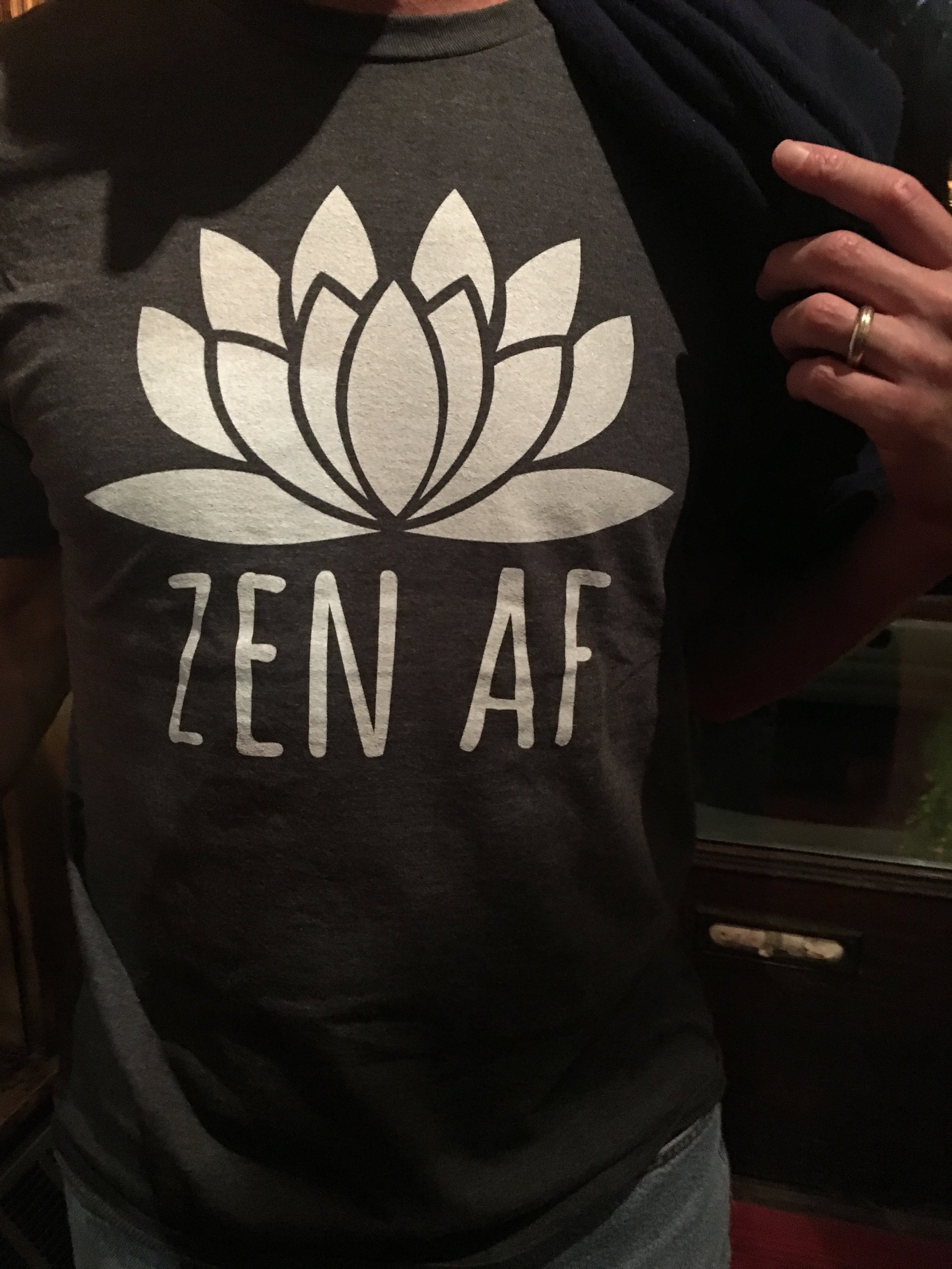Injured. Now What?
We try to prevent injuries, but getting hurt is often an unavoidable part of the fitness game. If you’ve pulled, sprained, broken, or overused a body part, now what? How will you react?
Your initial reaction might be to experience some or all of the stages of grief: denial, anger, bargaining, depression and acceptance. There will be plenty of denial and anger to kick start your time on the injured roster. You might bargain with yourself, thinking about what you could have done differently. Some degree of depression can follow, especially if you’ll be out for a long time. While injured it does feel like all your friends are out on a long ride, laughing it up and building a huge fitness gap between you and them. Watching your friends disappear for an adventure turns the stomach like a bad breakup. If you are like most Type A athletes, accepting that you are injured won’t be easy.
The important thing to remember is that most athletes will go through one (or several) major injuries throughout their athletic journey. I recently did too, and once I finally was able to accept being injured, I learned a lot of important lessons.
Fitness does not define you as a person. It may seem that way as athletics and identity are often tightly wound. But no amount of mileage in TrainingPeaks determines who you are.
Race results do not define your self worth. Sure, it’s super fun to do well at a race and gain recognition in front of your peer group. But that moment of glory passes quickly and then you are back to being you. Hopefully, that “you” has a purpose-filled personal and professional life. You’re better off, injured or not, when you remind your ego to stand down.
An injury provides an opportunity to step back and evaluate your larger athletic and life goals. When athletes are deep in training, they rarely take the time, or have the head space, to zoom out and look at their sport and life arcs. When you’re injured, you do. Ask yourself: Are my race goals still in alignment with my life, or do I need to re-adjust my training when I’m healthy? Is the effort I’m putting into training commensurate with the enjoyment I’m getting out of the sport? Am I still keeping the “recreation” in “recreational athlete”? As Chris Hauth always says, we’ve all gone pro in something else besides athletics.
Conversely, if you are not injured currently but have a training partner who is, regularly check in. Let them know they are, regardless of their athletic status, a valued member of your tribe. The bonds and love we build with our athletic tribe go well beyond the next training session or race.
Here’s to an injury free season. If not, you’ll be OK. You might even come out the other side changed for the better. -Jim
Endurance Drive friend, Steve Fried, reminds us to keep it chill.

